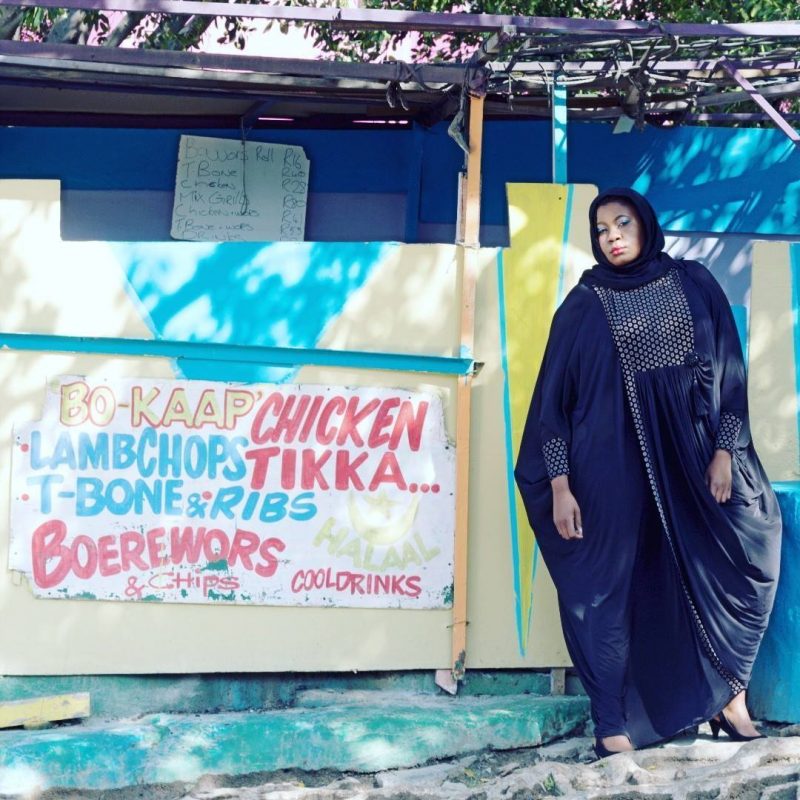For generations, decades and years, women traditionally took on selfless jobs like teachers, nurses, housekeepers, housewives and secretaries while men were quietly going for hours long pub lunches and sitting in meetings, laughing at their own ideas.
Usher in this new generation of progressive, cutting edge and diverse creatives; women now are their own bosses, innovators, directors, CEO etc shifting narratives that used to describe them as “sings,” “sang,” “dances,” “danced”, and “sashayed,” to assuming historically masculine terms such as “directed,” “performed,” “painted,” “designed,” as well as “managed,” “founded,” and “launched,”.
Instead of feeling like victims, women can finally take their heads out and say, wait a minute! I like a nice cocktail at lunch. This fledgling global movement of women staking their claim must be nurtured. In synch with the month of March of celebrating women everywhere, #ENTHUSE asked six ground-breaking and game-changing women what it means to be working in the creative industries.
Zaza Muchemwa: Poet, Playwright, Theatre Director and Arts Manager
First of all, being a creative in Zimbabwe is tough. We operate in a space where there is little to no proper infrastructure, solid development mechanisms and supportive entrepreneurial processes. However, there are some opportunities which when strategically taken up can propel a creative beyond the challenges of the environment they operate in to being successful at what they do. Being a creative to me means seeing opportunity where others see problems, offering ways of healing where others create strife, garnering support from a society that does not always understand what being a creative means towards being one’s own woman.
Being a woman in the creative space in Zimbabwe means I have had to constantly remind myself that there is a need to take up space and make use of that space to make meaningful contributions to my society. It also means I have to negotiate myself into certain spaces and also negotiate myself out of other spaces as well. For it is important for me to know that my voice matters, and that being a creative enables me to amplify that voice to speak to what I am called to and not follow the dictates of current trends of having women speak up on each and every issue affecting society but to be an individual, a creative, a woman who serves her particular purpose; telling resonant stories, being a good steward of her own gifts whilst carving out a living for herself on her own terms.
Wezi Mzumara: Founder of Kwanza PR & CoFounder of Mzuzu Fashion Week
What it means for me to be a woman in the creative industries now in Malawi and the whole of Africa is that we have the opportunity to define our own paths and break boundaries. There are more women running creative enterprises now than ever before and this is a clear sign that we have gained the power to empower ourselves and the other women around us.
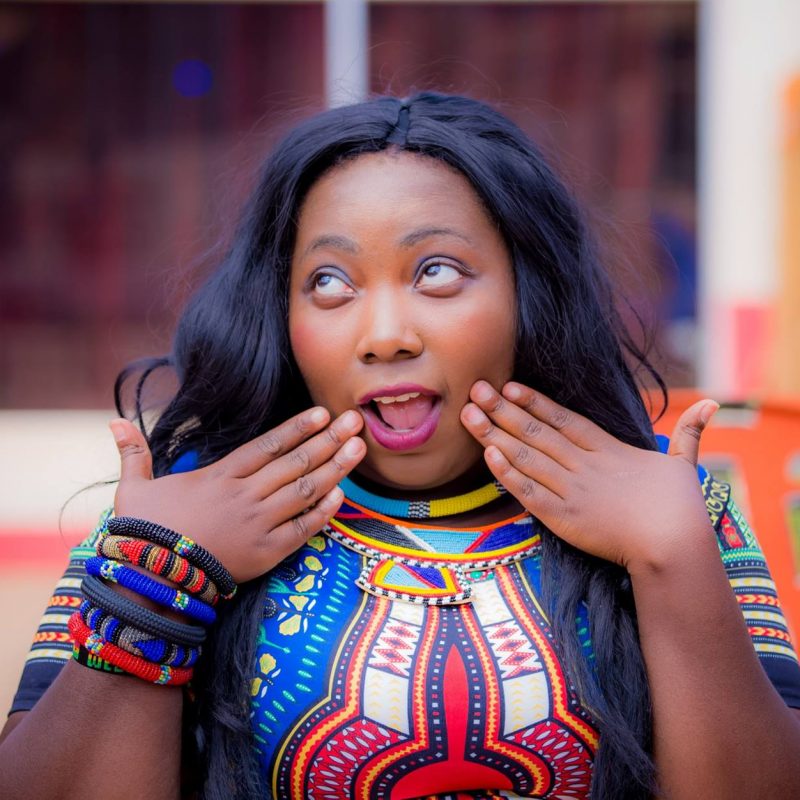
Chenesai: Chenesai Africa
The creative sector for us has always presented as the thought leader economy. It is the sector for us that has very silently shaped and defined how many sectors and industries have evolved or are evolving. For me, being a woman in the sector has always meant going above and beyond the standard, the norm, and challenging set perspectives and basic way of doing things. We have considered collaborating, and cross-sector collaborations could actually help to influence how sectors evolve. We have considered how innovation, the coming into being or AI, augmented reality etc. would eventually challenge how we conduct business in the creative sector. Imagine, in five years’ time what will concerts look like. Will they be people filled in the stadiums or would it be people sitting in their homes watching it through virtual reality?
The creative sector for us is an amazing space to be in. As a woman, I’ve never really thought about issues of inequality as hindrances to what I can do. I’ve always fought for my space on the table and when there was no space on the table I have always figured out ways to create tables that I can bring others to sit with. So, I think sometimes it is going back to the basics of understanding that perception is reality; what you think is what you become, and that is if your equality argument rests on you trying to be equal as opposed to you understanding that you already have what it takes, you’ll be so marred and surrounded by these thoughts that it will take you so many years of fight while you’re hindering what’s already inside you. In this women’s month, we would like to encourage women out there to realise that you already have what it takes to be. The question is, how are you going to bring it out and this is where the socialisation comes to part. How are we socialising our women to take their place on the table and importantly to create tables, if there are no spaces on those tables? Like the teaching of Malcolm X, it is sometimes important to think of how to create our own tables, set our own rules and disrupt. Happy Women’s Month!
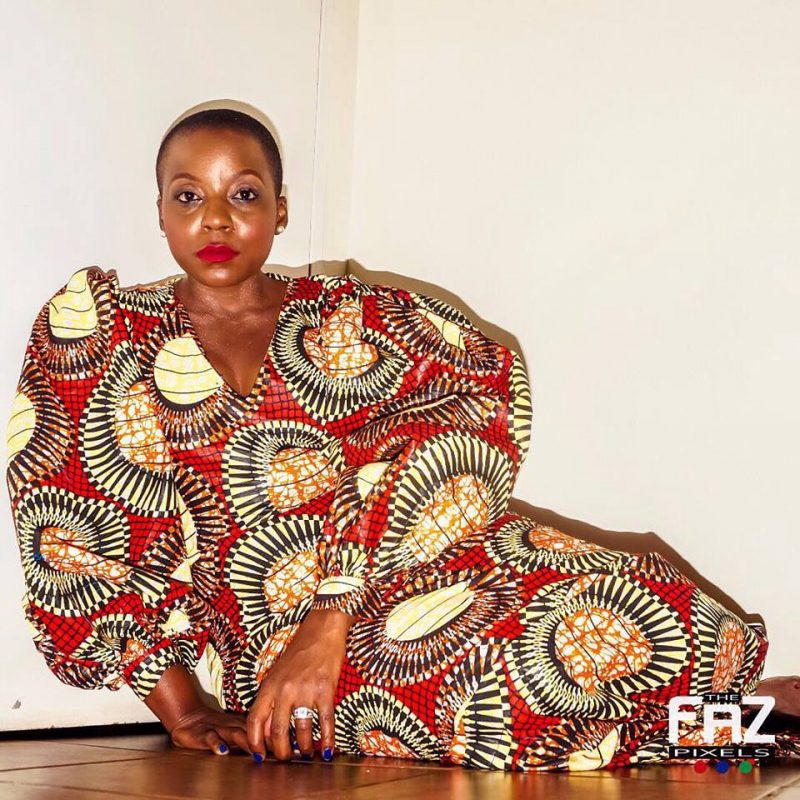
Peggie Shangwa aka Umind?!: Creative Entrepreneur, Founder of Page Poetry Alive, Spoken word Artist & Groove Magazine International Senior Editor
In sync with the Women’s Month in celebrating women everywhere, it’s amazing that you’re focusing on the creative industries because this is an industry that used to be male-dominated. We had a lot of patriarchy and a lot of men calling the shots but being a woman in the industry now in Zimbabwe and in Southern Africa for me is about learning to call your own shots and compete at an international level with both male and female colleagues. It means being able to always be visionary and forward-thinking. I also think it is about loving the skin you’re in, owning who you are as a person and for me, that’s been really amazing because the more I’ve gotten to be comfortable in my own skin is the more I’ve been comfortable in making my mind up on certain things to do with business.
It’s exciting for us that Page Poetry Alive is turning three in Women’s month because we started with the women. We started by pushing women and saying; you know what! We can and there is a platform where we can showcase women and this is something that can be beautiful. But why not have women creatives lead out on innovations and why not have us in the front-lines of what it looks like. With the creative industry being the fourth revolution, we are on the verge of something big and if women step in and start taking our place, we could bring the 95 billion dollars to the economy of Africa as research tells us.
So, being in the creative industry and being a woman means just owning who you’re and ever learning as well as keeping your head up and making it happen. Being a woman means that you’re multitasking, means you’re constantly jellying a lot of things but it is all harnessed in knowing your purpose, knowing who you’re, chasing those dreams and knowing that it’s a different kind of century. Women can bring back the bacon; women can lead; women are leading, and we are better leaders. We are brilliant leaders and sometimes because of that skill we have to multitask, we actually do a better job. It’s good to take credit for it and sit down and smile, take a drink and say, look I made it; I’m making stuff happen. It shows our daughters and nieces that there is a better world where women too can lead. Our mothers have been leading from long back, it’s just that none has acknowledged the women that have been leading. We have been great leaders from a long time ago.
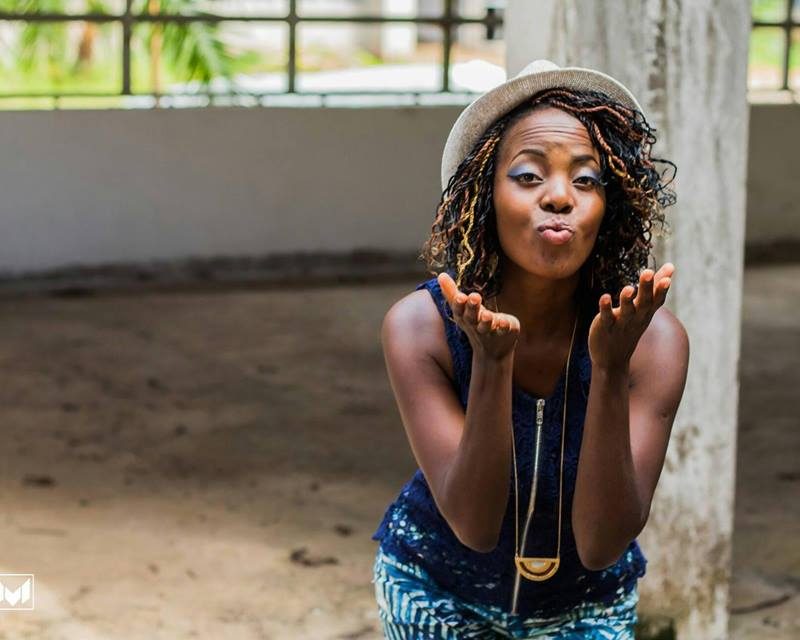
Joss Nyaguse: Founder of Impact Chronicles
I think what it means to a woman in the creative industry in this day and age is that we are freer than ever before to express ourselves and to articulate whatever problem, struggle and success that we encounter and It’s just very good. Of course, there are still some biases and there are some problems we still encounter day-to-day but the continent in particular and the world, in general, is making strides. Things are changing, and that’s something that’s very important and that I embrace and am very grateful for. I’m grateful to be part of this generation because there is so much happening; you’ve your Issa Raes who are just changing the narrative, shifting and showing people what it means to be a black woman. That’s what I like.
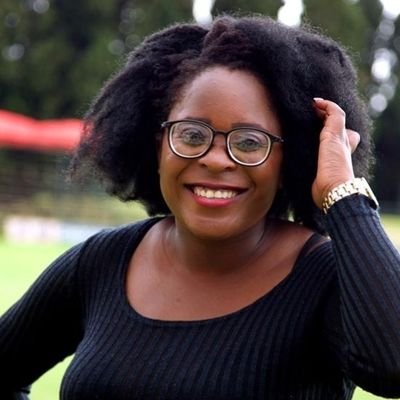
Rutendo Mutsamwira The Queen: Senior Radio & TV Producer with Heart and Soul Broadcasting Services
Firstly for me, it means absolutely everything because I’m doing things that I love. Being in the creative industries had meant that in everything that I do I’m upscaling on the goal. I’m continually learning from different people and learning different things.
Second, it is a responsibility because unlike maybe a couple of decades ago, the creative industries was a space that was misunderstood and even in some areas it still is misunderstood and underappreciated. However, as a storyteller/broadcaster, writer and model, being in the creative industry now, I realise that perhaps now more than when I started, the responsibility that I have to open people’s minds and hearts to different topics or areas of their lives that they probably haven’t explored has helped enhance my life experiences as well as broaden the breadth and depth of my listeners, readers or people I engage with in so many different levels.
Third, it’s about the legacy. I’m a very legacy-oriented person, so what is amazing about working in the creative sector is that I can collaborate with other industries as much as creatives to document and archive digitally and contribute to amplifying the work that Kings and Queens are doing from all over the world in whatever space or sphere they do it from. Being able to document the legacies of our people and their genesis as they evolve is an absolute privilege and honour that I don’t take lightly. It’s a blessing to contribute to legacies in a way that can be used as references, in a way that can be transcribed to further develop conversations on different things.
